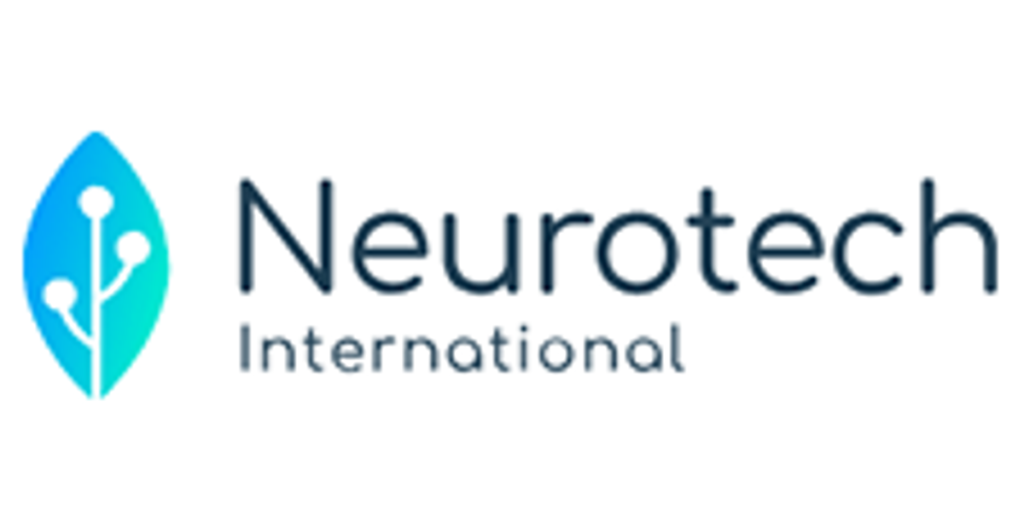The complex and progressive nature of IgA nephropathy poses challenges in its effective treatment, but the landscape of therapies is evolving rapidly. Professor Dana Rizk, a member of the APPLAUSE-IgAN Steering Committee and a professor at the University of Alabama at Birmingham Division of Nephrology, highlighted the significance of recent advancements in complement activation research for IgAN treatment. IgA nephropathy is a rare and progressive disease where the immune system targets the kidneys, resulting in inflammation and proteinuria. About 25 individuals per million are diagnosed with IgAN annually, each experiencing a unique disease progression and treatment response.
Despite current treatment standards, up to 50% of IgAN patients with persistent proteinuria progress to kidney failure within 10 to 20 years. This often leads to the need for dialysis or kidney transplantation. Targeted therapies with diverse mechanisms of action can assist physicians in choosing the most suitable treatment for patients. The Phase III APPLAUSE-IgAN study is investigating the effectiveness and safety of Fabhalta compared to a placebo in adult IgAN patients who are on stable RAS inhibitor therapy. Fabhalta has shown a 44% reduction in proteinuria at 9 months compared to baseline, with a favorable safety profile.
Novartis recently obtained FDA approval for Fabhalta as the first complement inhibitor for proteinuria reduction in primary IgAN. In addition to Fabhalta, Novartis is developing atrasentan and zigakibart for IgAN treatment. These efforts reflect Novartis’ commitment to rare kidney diseases and its aim to improve the lives of individuals living with such conditions. Novartis also offers support programs to help eligible patients access treatment. The APPLAUSE-IgAN study is a Phase III trial evaluating Fabhalta in primary IgAN patients. Fabhalta is indicated for reducing proteinuria in adults with primary IgAN who are at risk of rapid disease progression, though its efficacy in children with IgAN is unknown.
It is essential to note that the use of Fabhalta may lower the body’s ability to fight infections, increasing the risk of serious infections caused by certain bacteria. Patients should receive specific vaccinations and take precautions while on Fabhalta treatment to prevent life-threatening infections. Furthermore, Fabhalta is available only within a Risk Evaluation and Mitigation Strategy (REMS) program. Novartis is dedicated to advancing rare kidney disease care and is actively researching treatments for conditions such as C3 glomerulopathy, aHUS, IC-MPGN, and LN. The company’s continuous efforts aim to transform the lives of individuals facing kidney diseases, reducing the need for dialysis or transplantation. Novartis acknowledges the uncertainties and risks associated with drug development and remains committed to providing innovative solutions to improve patient outcomes.
